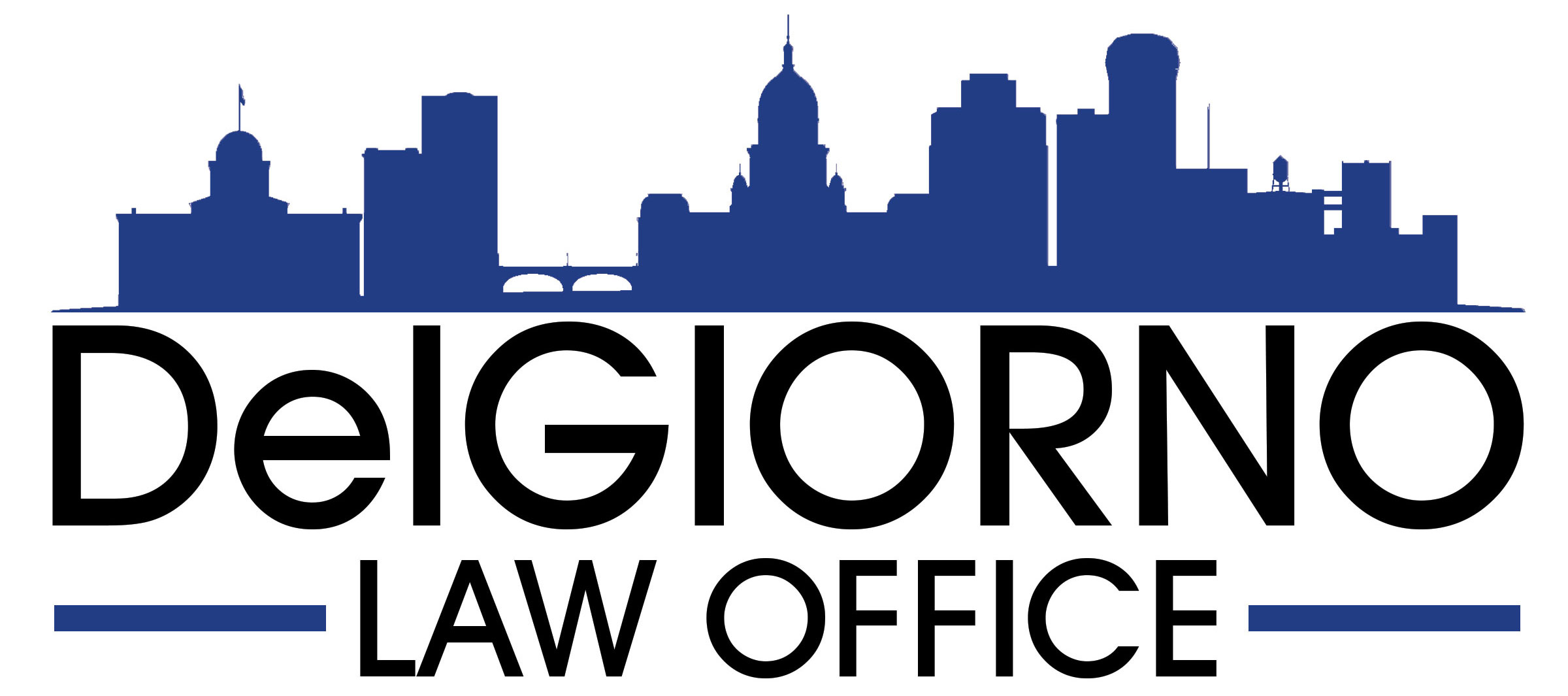You are checking into the hospital for a procedure that your physician has said is routine, but you are still frightened at the prospect of the surgery and recovery. In the midst of all of the questions about insurance and billing, you are asked “Have you signed a Healthcare Power of Attorney?”
Within seconds, you are given a form used by the hospital and you have to decide whether you want life sustaining treatment, whether or not you want to donate organs, and whom you want to make these healthcare decisions for you if you cannot. Signing a Healthcare Power of Attorney can be frightening for you when you have been independent and self-sufficient for your entire life. However, growing older with dignity eventually requires that you have to rely on the assistance of family or a trusted friend.
Before making that split second decision and not having the opportunity to truly reflect on your wishes and desires, you should think about it when you are free from the stress of a pending medical situation – and certainly before you could be incapable of executing the document at all. However, it is important to know what this document is really saying or more importantly, what it does not say.
A Healthcare Power of Attorney does not grant an agent the authority to consent to mental health care and treatment or to consent to nursing home placement (if you are capable of saying that you do not want to be placed there).
To have a person make mental health care treatment decisions on your behalf, a separate “Mental Health Treatment Preference Declaration” should be signing in conformity with the Mental Health Treatment Preference Declaration Act, 755 ILCS 43/1 et. seq. Such a declaration is only valid for three years after it is executed unless it is used and continues to be in use when it expires. Without this Declaration, a court order pursuant to the Mental Health Code, is required to commit a person to a mental health facility or administer psychotropic medication.
Nursing home placement, when you do not agree with such placement, can only be accomplished by court order through the appointment of a Guardian of the Person. When a person is capable of communicating that they do not want to be in a nursing home, an agent under a Healthcare Power of Attorney cannot keep the person in a nursing home. A Guardian of the Person can seek “Residential Placement Authority” of a person for purposes of placing someone in the nursing home upon a court finding that you are disabled. The agent under a Healthcare Power of Attorney is typically nominated to be the Guardian of the Person in instances when guardianship is necessary. Therefore, it is extremely important that you trust the person who you name as agent and thereby nominate to be your Guardian of the Person.
Only your attorney can address the legal ramifications of your Healthcare Power of Attorney and other advanced directives. It is important to meet with you attorney periodically to review and update these and other advanced directives. Remember, all Powers of Attorney can be revoked should you not wish to allow an agent to continue acting on you behalf. Your attorney can advise you on the steps necessary to update these documents and properly revoke your currently in-force directives.

Recent Comments